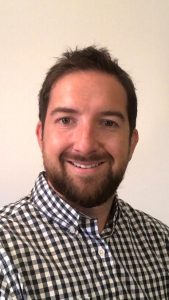Grade 9 Healthy Active Living Education
This course equips students with the knowledge and skills they need to make healthy choices now and lead healthy, active lives in the future. Through participation in a wide range of physical activities, students develop knowledge and skills related to movement competence and personal fitness that provide a foundation for active living. Students also acquire an understanding of the factors and skills that contribute to healthy development and learn how their own well-being is affected by, and affects, the world around them. Students build their sense of self, learn to interact positively with others, and develop their ability to think critically and creatively.
Course Details
Course Code: PPL1O
Grade: 9
Prerequisite(s): None
Course Type: Open
Credit Value: 1.0
Curriculum Document: Health and Physical Education, Revised (2015)
Teacher(s):
For more information on required resources, teaching and learning strategies, curriculum expectations, and the assessment and evaluation of this course, download the full course outline at the top of this page.


